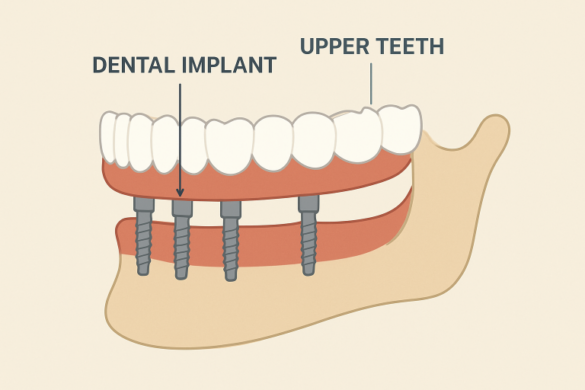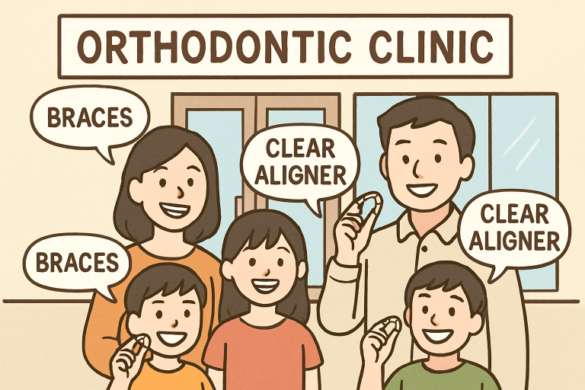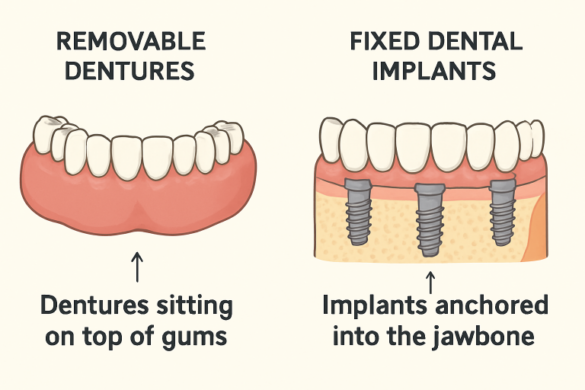Understanding Wellness Therapy
Approaching mental health from a comprehensive perspective, wellness therapy integrates mind, body, and emotional well-being. Rather than only treating symptoms, wellness therapy seeks to understand underlying causes, combining therapeutic modalities that nurture every facet of an individual’s life.
By considering physical, emotional, and psychological needs, wellness therapy enables individuals to regain their sense of balance and purpose. Interventions may include counseling, holistic health practices, and lifestyle adjustments—all aimed at achieving enduring improvements in quality of life.
The Role of Mindfulness and Meditation
Mindfulness and meditation are foundational elements in wellness therapy. Simple daily exercises, such as focused breathing or guided mindfulness sessions, have been shown to reduce stress, enhance emotional regulation, and foster a calm, balanced mind. Practicing mindfulness can help interrupt cycles of anxiety or rumination, fostering a greater sense of clarity and self-compassion. According to the American Psychological Association, research supports the positive effects of meditation and mindfulness practices on mental and emotional well-being.
Scientific research consistently supports these benefits. Regular practice can also improve focus and cognitive flexibility, making it easier to respond thoughtfully to daily challenges. Over time, mindfulness can contribute to a deeper sense of overall well-being and life satisfaction.
Physical Activity as a Therapeutic Tool
Movement is a powerful driver of mental health improvement. Exercise releases endorphins—natural chemicals that combat stress and elevate mood. Structured workout routines or simple physical activities, such as daily walks, can lead to better sleep, sharper focus, and increased self-confidence. Innovative developments, such as the Brain-Body Therapy app, pair therapeutic approaches with guided movement, blending traditional talk therapy with the benefits of physical activity.

Nutrition’s Impact on Mental Health
The connection between diet and mental health is undeniable. Balanced meals rich in vitamins and minerals are essential for optimal brain function. Nutrients such as omega-3 fatty acids, found in fatty fish, and B vitamins, prevalent in leafy greens and whole grains, play crucial roles in maintaining mood stability and enhancing cognitive performance. Partnering with a nutritionist or integrating nutritional counseling into therapy can help build meal plans that support both physical and emotional healing.
Art and Creative Expression
Creative practices, such as art therapy, offer unique avenues for emotional expression and healing—especially valuable when words are insufficient. Techniques such as painting, sculpting, or music therapy can help individuals process emotions, relieve stress, and explore their identities. Technological innovations are also expanding access to creative therapeutic tools. Virtual reality art therapy programs, such as “Break Times,” enable users to engage in immersive, stress-reducing creative play from the comfort of their homes.
Technology’s Role in Wellness Therapy
Digital advancements are rapidly changing the landscape of mental health care. Artificial intelligence-driven applications now assist therapists in creating personalized treatment plans, while teletherapy platforms provide accessible support that integrates seamlessly into busy lifestyles. AI tools can analyze user data to predict trends or suggest timely interventions, bringing an unprecedented level of customization to therapy. As with any technology, it’s essential to use these tools as supplements to, not replacements for, authentic human connection and therapeutic expertise.
Building a Supportive Community
Social support is a cornerstone of mental wellness. Group therapy, peer-led support groups, and community-focused wellness initiatives all provide safe spaces for individuals to share their journeys and receive encouragement. These environments foster accountability, compassion, and motivation, reinforcing positive change and reducing feelings of isolation.
Personalized Wellness Plans
Mental health is deeply personal, and so is the path to healing. Collaborating with trained professionals allows for the creation of individualized wellness plans that reflect a person’s unique challenges and strengths. According to the World Health Organization, strengthening mental health support systems and ensuring access to care are critical components of effective recovery and overall well-being. These dynamic plans incorporate a range of therapeutic modalities, adjusting as goals and needs evolve over time to achieve sustainable transformation and lasting results.
Conclusion
Adopting a holistic approach through wellness therapy unlocks new possibilities for mental, physical, and emotional health. By integrating evidence-based practices such as mindfulness, exercise, nutrition, creative expression, and the responsible use of new technology, individuals can achieve significant improvements in their overall well-being. Building supportive communities and continually adapting wellness plans ensures that each person’s journey to mental wellness is empowering and effective. Seeking professional guidance and utilizing a well-rounded toolkit are courageous and transformative steps toward a more resilient and fulfilling life.









